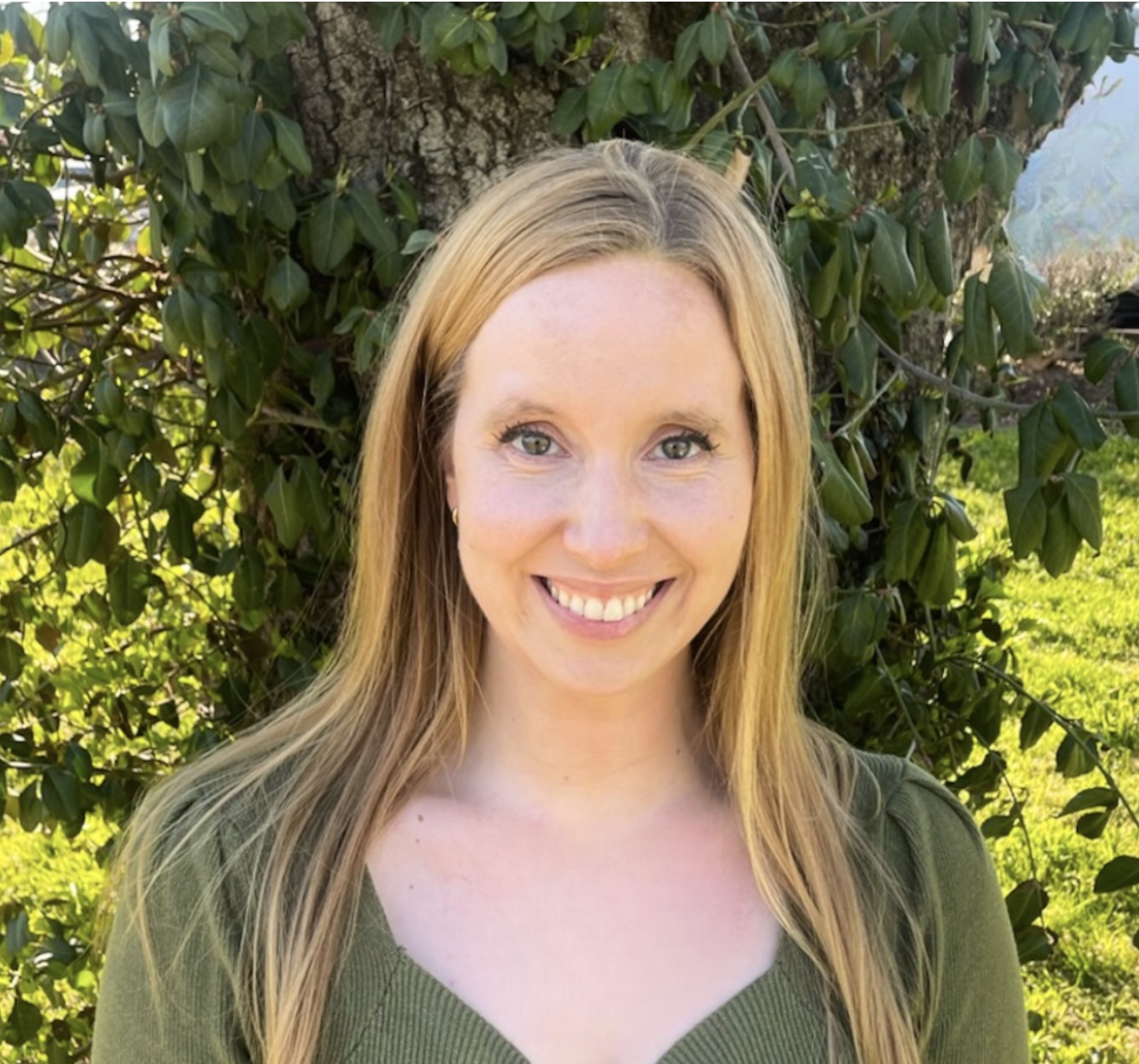Written by Laura Carter-Stone, Ph.D.
 When I first started teaching—first kindergarteners, then high schoolers, then undergraduates and master’s students—I made a lot of mistakes. To my master’s students, I gave so much feedback on their midsemester projects that a few students groaned to see it. To my undergraduates, I gave rambling lectures heavy with undefined abstract terms while also trying way too hard to be cool. Although many of us are supported in becoming stronger researchers, many instructors, like me, benefit from support in becoming stronger teachers.
When I first started teaching—first kindergarteners, then high schoolers, then undergraduates and master’s students—I made a lot of mistakes. To my master’s students, I gave so much feedback on their midsemester projects that a few students groaned to see it. To my undergraduates, I gave rambling lectures heavy with undefined abstract terms while also trying way too hard to be cool. Although many of us are supported in becoming stronger researchers, many instructors, like me, benefit from support in becoming stronger teachers.
After earning my PhD in Teaching and Learning with a specialization in Language, Literacy, and Culture from Vanderbilt’s Peabody College, I entered my current role as a Postdoctoral Scholar in AdvancED’s Office of Educational Development and Design (the former Center for Teaching). The heart of my work involves supporting Vanderbilt’s talented faculty, graduate student, and postdoctoral instructors to become even more powerful university teachers. We work together to make their teaching more equitable, which means “teaching to transgress” (hooks, 1994) against injustices in higher education and society that inhibit student learning. I often support instructors in adopting active learning strategies that invite all students to participate, and with designing assignments and assessments that invite students to leverage their interests and strengths. Some highlights from my work with Vanderbilt faculty include exploring “culturally sustaining” (Paris, 2012) teaching practices with Peabody faculty prior to their departure to work with the American University of Iraq-Baghdad, and collaborating with VUMC instructors to help their undergraduates analyze, apply, and participate in medical research.
Along with consulting with instructors one-on-one, I design and facilitate several of AdvancED’s teaching workshops. With my doctoral advisor Dr. Kevin Leander from Teaching and Learning and Dr. Thomas Clements from Biological Sciences, I’m hosting an upcoming workshop that draws on my own research investigating what teachers might learn from dramatic improvisers, artists who work as a group to spontaneously create improvised theater (“improv”). Anyone from the Vanderbilt community is welcome to join us for the Improvisational Teaching Workshop on April 17th (rescheduled from March 27th). In this workshop, we’ll explore how improv might help make classrooms more democratic, cooperative, and alive (learn more and register here). I’ve also facilitated faculty workshops with my AdvancED colleagues Dr. Boni Yraguen and Dr. Marcy Pedzwater on designing collaborative projects and crafting writing assignments with the problems and possibilities of Generative AI in mind.
I love growing my knowledge of effective teaching across the disciplines while working with Vanderbilt’s brilliant PhD student and postdoc instructors. I teach a section of the Certificate in College Teaching Practicum, through which participants design a portion of a class and plan, teach, and reflect on a lesson. To name just a few examples among many: Alexander Tripp, a PhD candidate in Political Science, is applying equitable and inclusive teaching practices explored in the Practicum to prepare an undergraduate statistics course alongside Jennifer Barnes, another PhD candidate in Political Science. To structure engaging student discussions around issues of race, gender, and higher education, among other topics, Sociology PhD candidate Whitney Frierson adapts a variety of research-supported active learning strategies including think-pair-shares and minute papers. Pharmacology PhD candidate Christopher Hansen’s highly participatory (and hilarious!) approach to normalizing student risk-taking through interactive lecturing in his course “From Concept to Clinic: How Drugs Are Made,” in which students “develop” a drug to treat a disease of their choice, has raised my expectations about the impactful and humanizing sorts of learning possible in online environments. Through the Practicum, many graduate student and postdoc instructors design ambitious learning experiences to engage their students in complex scholarly and societal problems. Alex Becker, a PhD student in the Department of Biomedical Informatics, is guiding his students through the process of conducting their own independent research projects. This semester, Mechanical Engineering PhD candidate Margarita (“Maggie”) Orlova designed a unit through which students analyze the thermodynamics behind global warming.
A true joy of my work involves collaborating with my fellow postdocs, including many in the Collaborative Humanities Postdoctoral Program, to apply principles of backwards design (Wiggins & McTighe, 2005) to their undergraduate courses. These teacher-scholars craft creative public humanities projects to involve their students in global scholarly, civic, and activist discourses. Students in Dr. Lidiana de Moraes’s “Music is Power” select songs championing feminist discourses for a collaborative class playlist and analyze the songs in relation to their cultural, historical, and sociopolitical contexts. In “Gendered Lives,” Dr. Lara Lookabaugh’s students train an intersectional, critical lens on their lived experiences by engaging in daily journaling exercises to generate meaningful research questions. I’ve also collaborated with Vanderbilt postdocs to design and implement equity-oriented modes of assessing student learning, like the thoughtful processes through which Dr. Peter Chesney guides his students through co-creating rubrics to evaluate and revise their writing in his first-year writing seminar “When L.A. Glowed.”
Through my postdoc, I’ve learned so much from the innovative ways these and other Vanderbilt instructors stimulate powerful student learning, insights I hope to translate into future teaching and learning scholarship and educational development. While I’m sad to leave Nashville after my six years at Vanderbilt, I’m excited to leverage what I’ve learned through my collaborations with Vanderbilt’s amazing instructors in my future role as an Instructional Consultant at the University of Kentucky’s Center for the Enhancement of Learning and Teaching!